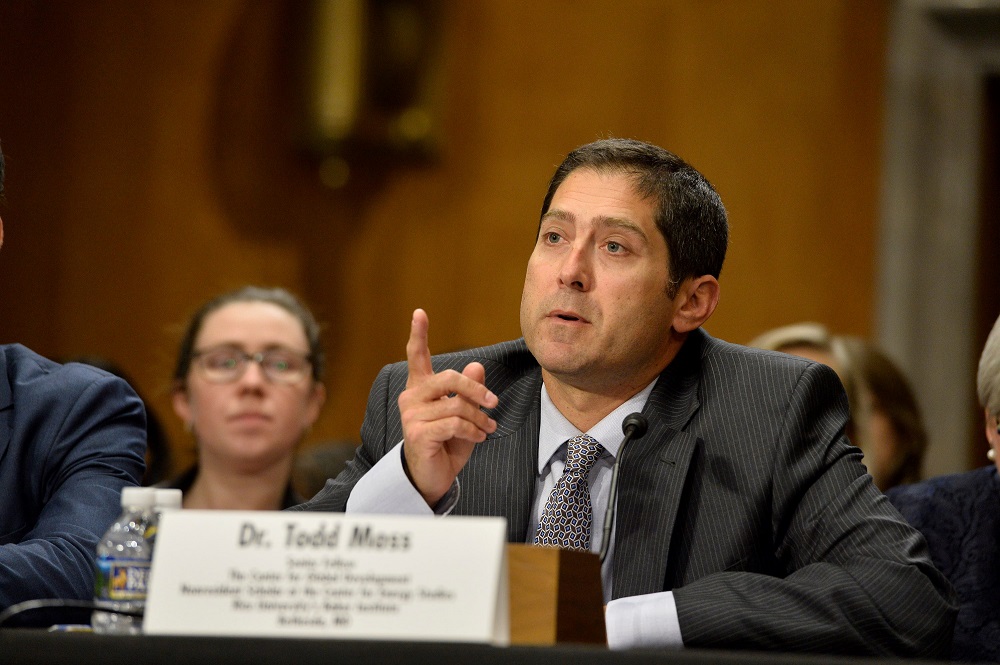The clock is ticking on the 114th Congress, and as we inch closer to November 8, the odds of meaningful legislative action seem likely to dwindle further. It is heartening, then, that the House of Representatives joined the Senate last week and passed the Global Food Security Act. The legislation authorizes President Obama's Feed the Future initiative, which aims to increase incomes and improve nutrition among the rural poor in 19 focus countries. But the measure also delivers on another important front by authorizing the US Agency for International Development’s (USAID) Emergency Food Security Program (EFSP). Here’s my quick take on why this action by Congress is important.
The Future of Feed the Future
Congressional authorization of Feed the Future will help ensure the US commitment to global food security continues after President Obama leaves office. In a paper earlier this year, Casey Dunning, Janeen Madan, and I concluded that it was too early to render judgment on the initiative, and recommended steps the administration could take to make future success more likely. The two-year authorization included in the measure gives the next administration time to study the impact evaluations and other assessments of Feed the Future that are just becoming available, and to make changes to strengthen and expand the program if and where warranted.
Still Fighting for Food Aid Reform
USAID launched EFSP in the face of escalating crises around the world and Congress' unwillingness to reform the provision of US food assistance abroad. Traditional US programs require that the bulk of international food aid, even that intended to address emergencies, be purchased in the United States and at least half of it shipped on US-flagged ships. That means it takes longer and is more costly to get assistance to those who need it most, including victims of violent conflict and natural disasters. Through EFSP, USAID can provide cash or vouchers in crisis situations, such as in Syria, where it is increasingly difficult and exceedingly expensive to deliver in-kind food aid. (And where cash is often a more efficient alternative.) Thanks to strong bipartisan support from Senators Corker (R-TN) and Coons (D-DE), that initiative will live on.
Signs of Bipartisan Support
It seems that almost everything in American politics these days is divisive. And development assistance is often a low priority at best. That makes it doubly gratifying that Congress came together and overwhelmingly passed this legislation by a vote of 369-53 in the House of Representatives. Now, if only this can be the first step towards the fundamental reform of US food aid that is so desperately needed.
CGD blog posts reflect the views of the authors, drawing on prior research and experience in their areas of expertise.
CGD is a nonpartisan, independent organization and does not take institutional positions.




